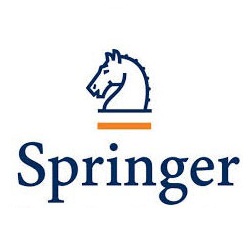Abstract
The following research paper presents results of an ethnographic investigation focused on the participatory process of a public project for urban environmental rehabilitation. This public intervention, called Iguac¸u Project, is being carried out in the Baixada Fluminense, in the Rio de Janeiro Metropolitan Region (RJMR). Drawing upon the literature on social learning from both organizational and environmental management studies, the research investigates when and why social learning occurs within a participatory arena. The paper presents an analysis of stories told by nine key informants, selected as representatives of the main social categories involved in the project. The different meanings the narrators attributed to participation, environment, knowledge and learning in their stories, are analysed through abductive reasoning, i.e. through a continuous reference to the literature and confrontation with former narrative analysis in business organizations. The findings show an interpretative framework based on development of multiple-loop learning theory, defined as contextual loops. Furthermore, it identifies five explanatory propositions to answer the research questions. The occurrence of social learning in participatory arenas seems to depend upon five organizationally related factors: a systematized organizational structure; the participants’ commitments and the pluralism of the participatory arena; the process proponents’ reliability, the supporting role of a facilitator.







